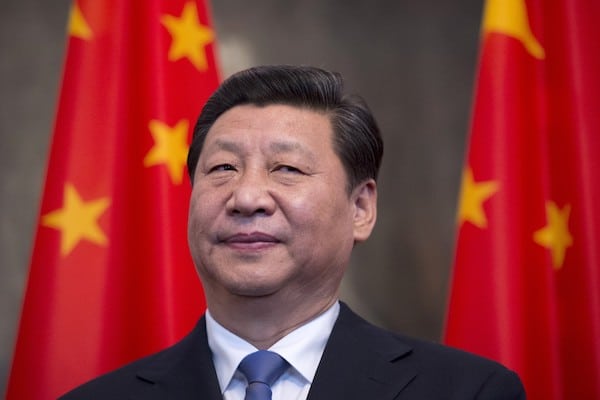 |
| Aly Song/Reuters |
As the pandemic has made clear, the U.S., and the West as a whole, cannot continue to depend on an authoritarian rival state for strategically important goods.
It is not necessary to agree with all of President Donald Trump’s foreign policies in order to agree with one of his foreign policies. His approach to China is a case in point.
Since it emerged late last year, the coronavirus has brought into sharp focus the outlines of the international system and amplified long-standing tensions between Washington and Beijing. Many of Trump’s critics have identified him as part of the problem, arguing that an “America first” foreign policy — which was written into the official National Security Strategy that his administration published in 2017 — at best undermines international cooperation in the fight against the coronavirus and at worse obstructs it. A divided West, the argument goes, is ceding global leadership to China.
Yet the pandemic has highlighted something that Trump’s National Security Strategy identified three years ago. Instead of becoming a “responsible stakeholder” in the international system — a term coined by Deputy Secretary of State Robert Zoellick in 2005 to describe the role that the Bush administration hoped China would play following its 2001 entry into the World Trade Organization (WTO) — China has instead “expanded its power at the expense of others.”
This is a point emphasized in the Trump administration’s report on “United States Strategic Approach to the People’s Republic of China,” published last week. The report argues that the Chinese Communist Party has “exploited” the advantages of WTO membership to advance a Marxist–Leninist political and economic system that is fundamentally at odds with the United States’s — and the West’s — free and open society. The wealth it has generated permits a full-spectrum approach to foreign policy that combines economic coercion, military saber-rattling, a mammoth state-sponsored media empire, and cohorts of witting and unwitting accomplices. The CCP has also plowed huge amounts of money into controlling global trade routes and stolen intellectual property on a massive scale.

All of this is undertaken to achieve Xi Jinping’s goal for China: to make it the world’s most powerful country by 2049. And there has already been some progress toward this. China has the world’s second-largest economy, a military-industrial complex and high-technology sector second only to those of the U.S., and the world’s largest population. Despite embracing capitalism to facilitate China’s rise, the CCP believes that it is engaged in an existential ideological–political battle with the West and that Communism will — and must — win out.Read the rest from Andrew Foxall HERE.
If you like what you see, please "Like" us on Facebook either here or here. Please follow us on Twitter here.

No comments:
Post a Comment